By Sarhind Times City Desk | Gurugram | October 2, 2025
GURUGRAM: The city is preparing a sharper deterrence against drunk driving this festive season and beyond—licence suspension for serious or repeat offenders, heavier fines, and prosecution under the Motor Vehicles Act (MV Act) will anchor a new playbook of enforcement and prevention, officials indicated this week. The step-up follows a year of headline crashes across NCR and steady streams of challans as traffic units expanded night-time checks near hospitality clusters and arterial corridors.
Senior district and traffic officials signalled that the framework will move beyond routine challans to administrative suspensions of driving licences—typically three months for first-time violations, with longer suspensions or cancellation for repeat offenders—drawing on powers available under the MV Act and long-standing directions of the Supreme Court Committee on Road Safety. The approach is meant to be swift and certain, not sporadic, with targeted awareness at bars and aggregators to promote designated drivers and “don’t drink & ride” advisories for two-wheelers.
The Trigger: Crashes, Crowds, and a Festive Calendar
Gurugram’s nightlife and weekend footfalls—Sector 29, Cyber Hub/Cyber Park, and MG Road—create high-risk DUI zones when celebrations spill onto highways and sector roads. Authorities say they have relied on breath analysers, mobile patrols, and smart-camera evidence to build cases; the new layer formalises licence action after a positive test, particularly when BAC exceeds the legal limit or impairment is evident. Recent administrative discussions also referenced accident and fatality tallies this year to justify stiffer sanctions through winter.
In parallel, the district has been running food-safety crackdowns for festivals and pollution control drives—a sign that enforcement bandwidth is being scaled up across departments for the season’s crowd dynamics. While not directly linked to DUI, these operations underscore the zero-tolerance posture the administration wants to project through October–November.
What Will Change on the Ground
1) Licence suspension as a first-order consequence
District directions under the MV Act envisage three-month suspensions for DUI as the default administrative penalty, with escalation for repeat violations—including extended suspension or cancellation—applied by the licensing authority in line with Section 19 and relevant rules. This is consistent with Supreme Court Committee guidance to all states on minimum suspensions for specified offences.
2) Night-time, high-visibility sobriety checks
Breath-testing checkpoints will intensify near hospitality hubs and along feeders to NH-48, SPR, and Dwarka Expressway. Police say randomized check locations limit evasion, while body-cams and dashboard video protect both officers and motorists. Prior campaigns clocked thousands of challans in single months; the festival push aims to sustain that tempo.
3) Case handling and repeat-offender escalation
First-time offenders who test positive typically face prosecution under MV Act §185, with fines and possible imprisonment (particularly for aggravated circumstances), and licence suspension administered by the licensing authority. Second/subsequent offences within the statutory look-back invite stiffer punishment.
4) Mandatory counselling & safer-riding nudges
Officials indicated that counselling for first-time offenders (especially young riders) and do-not-serve intoxicated patrons messaging for bars will run alongside enforcement. Aggregators are being encouraged to push in-app “Drive Sober” tiles, discounted rides, or SOS prompts late nights around hubs. (Programmatic details are evolving as stakeholder meetings proceed.)
The Law & Your Rights: What §185 and §19 Actually Mean
- Section 185 (MV Act): Driving with BAC > 30 mg/100 ml or under the influence so as to be incapable of proper control is punishable (first offence: fine and/or imprisonment; subsequent offence: higher punishment). The 2019 amendments stepped up fines and clarified sanctions.
- Section 19 (Disqualification): Licensing authorities may disqualify or revoke a driving licence upon a police report or other evidence that the holder is a habitual offender or has committed specified dangerous offences—DUI being prominent. The Supreme Court Committee on Road Safety has directed not less than three months’ suspension for such offences; states, including NCR jurisdictions, have implemented this.
Due process: Drivers have the right to challenge suspension orders before the authority or in court; however, breathalyser readings, video evidence, and officer testimony carry weight. Defence typically hinges on calibration, procedural compliance, or medical exceptions—not on how many drinks were consumed. (Best defence: do not drive after drinking.)
Why Licence Suspensions Work
Global evidence shows swift, certain, and proportionate administrative penalties curtail repeat offending better than sporadic, uncertain prosecution alone. Jurisdictions that pair immediate licence action with vehicle impoundment or ignition interlocks record notable drops in recidivism and alcohol-related crashes. Gurugram is moving in the spirit of that research, even if India’s legal toolkit differs.
The Data Backdrop in Gurgaon
Traffic units have repeatedly flagged DUI spikes around weekends and festival eves—especially post-midnight. Earlier crackdowns saw 2,000–2,900 challans in single months, with special checks yielding hundreds of cases in a week. Authorities say the focus now is to convert those numbers into behaviour change via certain licence action, rather than a cycle of fines alone.
A recent district plan—anchored by the Deputy Commissioner—called for systematic licence suspension for DUI and stronger monitoring of the licence issuance process, a signal that administrative follow-through (not just roadside checks) is being tightened.
What Drivers Should Expect This Month
- More checkpoints, fewer “blind spots.” Expect checks around Sector 29, MG Road, Cyber Park, Golf Course Road, and NH-48 feeders—and on diversions away from these hubs. Routing apps will not reliably help you “avoid” checks.
- Zero-tolerance thresholds. A BAC reading above the statutory limit or observable impairment will trigger case registration and recommendation for licence suspension.
- Documentation & device protocols. Officers are trained to demonstrate device readiness and follow sanitisation protocols for breath tests. If you refuse a test, that itself can be cited and inferred against you under the Act and case law.
- Counselling & court dates. First offences may involve counselling sessions; court dates and fine payments are not optional.
The Civic Case for Harsher DUI Deterrence
Gurugram’s road fatality profile has stubbornly high weights on overspeeding and DUI, with pedestrians and two-wheelers disproportionately impacted. Night-time rainfall or winter fog magnify the risk. In that context, licence suspensions target the one behaviour that unlocks a cascade of others—speeding, red-light jumping, wrong-side driving—once judgement is impaired. (Haryana and NCR jurisdictions already implement three-month suspensions for multiple dangerous offences.)
Resident welfare associations (RWAs) say “fear of losing the licence” resonates more than a fine—especially for professionals—making it a proportionate and smart deterrent in a commuter city.
Bars, Aggregators, and the “Designated Driver” Culture
The administration’s parallel push is nudging behaviour before keys meet ignition:
- Bars/Restaurants: Encourage designated-driver discounts, free soft drinks for the DD, and host-level nudges. Late-night “last orders” messaging can include safe-ride prompts.
- Ride Aggregators: Time-sensitive promo codes and prominent post-midnight banners (“Ride, don’t drive”) near hubs tilt choices. Event-night surge management that keeps fares predictable also helps.
- Workplaces: Corporate parks can run in-house campaigns ahead of office parties.
These social architectures are not a substitute for enforcement; they are the first line of defence that reduces police-citizen conflict at the kerb.
Enforcement FAQs (Reader Edition)
Q. What is the legal alcohol limit?
A. Blood Alcohol Concentration (BAC) of over 30 mg per 100 ml of blood, or impairment so as to be incapable of proper control, violates MV Act §185.
Q. What is the “standard” penalty for first-time DUI?
A. Courts may impose fine and/or imprisonment under §185; licensing authority can suspend your licence—commonly three months—under §19, in line with the Supreme Court Committee’s directions to states.
Q. Can I refuse a breath test?
A. Refusals can be recorded and proceeded against; officers may rely on other evidence (conduct, odour, erratic driving, video) to prosecute.
Q. Will this apply to pillion riders or passengers?
A. DUI provisions apply to the driver/rider. Passengers may face separate action (e.g., public nuisance or obstruction) if they interfere.
Q. Can my licence be cancelled on a second offence?
A. Yes, repeat offences can invite longer suspension or cancellation, subject to due process by the licensing authority and court outcomes.
Technology, Proof, and Fairness
Calibration & chain-of-custody: Expect more emphasis on device calibration records, video capture, and geo-tagged checkpoint logs to strengthen cases and protect against allegations of misuse. Defence arguments often hinge on calibration; robust logs de-risk false positives.
Data & transparency: Publishing monthly dashboards—challans, suspensions, black-spots, repeat-offender stats—will cement public trust. Gurugram Traffic Police’s social posts already highlight campaign numbers; the next step is machine-readable transparency so RWAs, media, and researchers can track progress.
A Word to Riders & Drivers (Opinion, briefly)
There is no “safe number of drinks” before riding or driving. Body weight, metabolism, hydration, and meal timing vary wildly; the law’s bright-line BAC exists because self-assessment is unreliable. With licence suspensions now squarely on the cards—alongside criminal penalties—the rational choice is to not drive after consuming alcohol, arrange a ride, or wait it out.
What RWAs Want—and What the City Promises
- Predictable checkpoint routines (e.g., more checks after 10:30 pm Friday–Sunday).
- Road design fixes to dampen risk (rumble strips, speed cameras) at known late-night racing stretches.
- Festival-week advisories pushed to bar owners, aggregators, and RWAs 48 hours in advance.
Officials say the near-term aim is sustained vigilance through the festival quarter, not a week-long “drive” that fizzles. A senior officer summed it up plainly: “Certainty beats severity.” (Paraphrased stance reflected in multiple advisories and coverage.)
Bottom Line
Gurugram’s anti-DUI reset is designed to shift behaviour through certainty of consequence—licence suspension for those who drink and drive, escalation for repeats, and visible policing where it matters most. With festival crowds swelling and winter visibility set to worsen, the city’s message is unambiguous: if you drink, don’t drive. The alternative now risks a court date and a suspended licence, not just a fine.
#Gurugram #RoadSafety #DUI #HaryanaPolice #Traffic #ZeroTolerance #FestivalSeason #MVAct
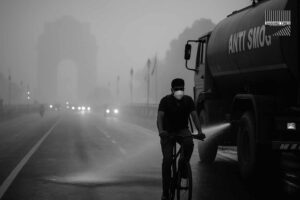
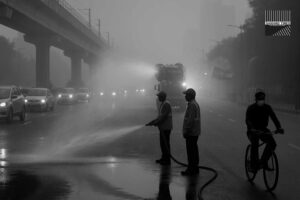


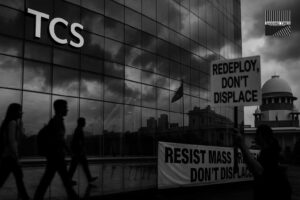


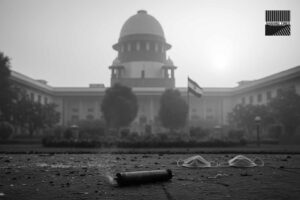




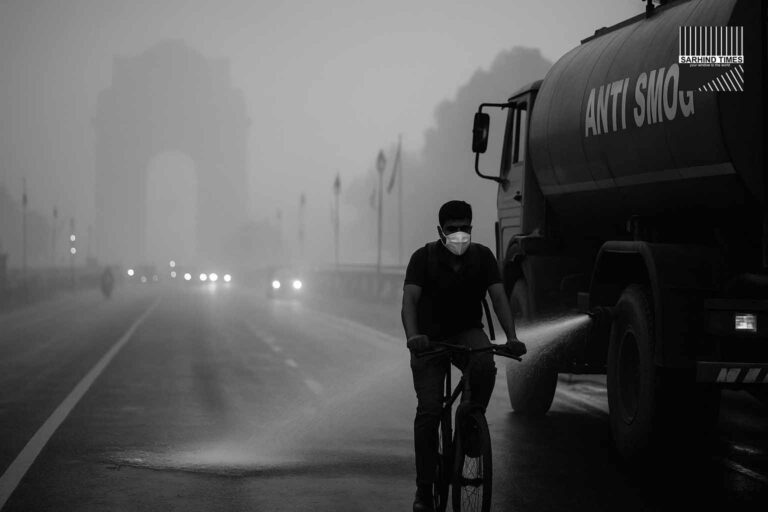
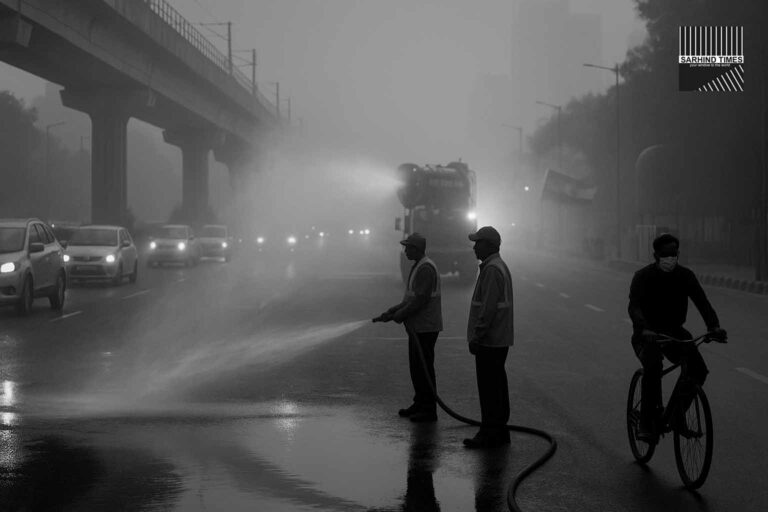
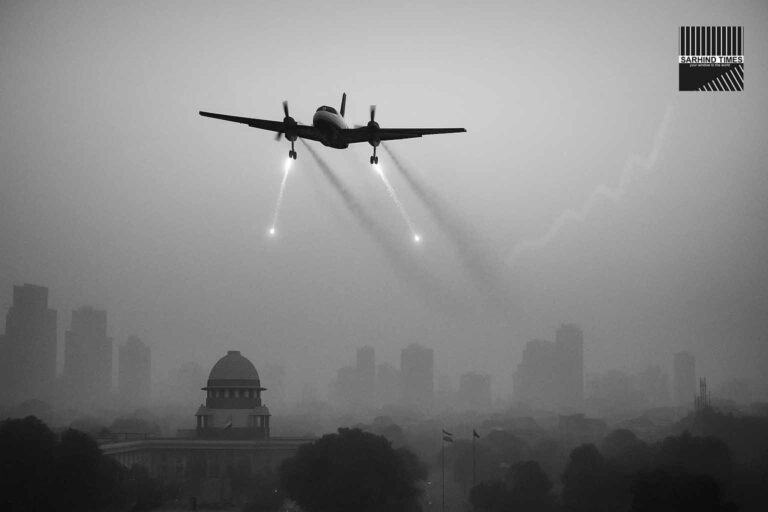


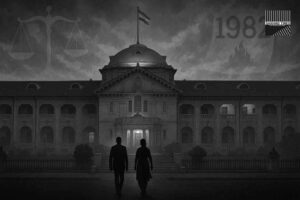

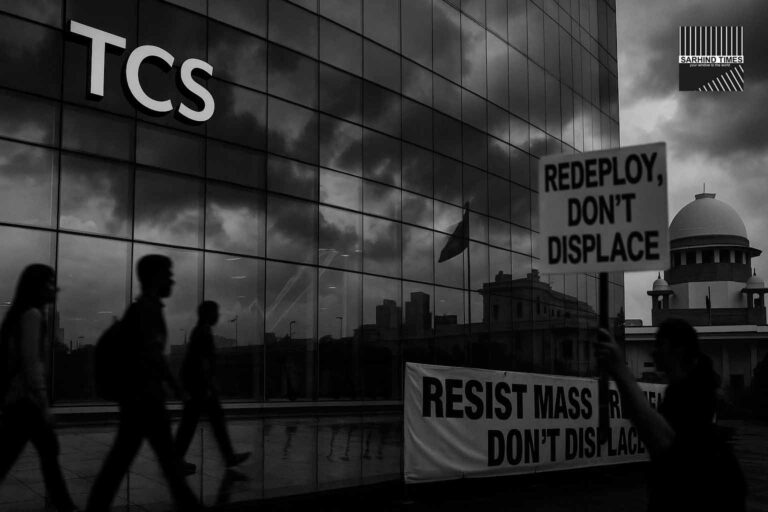
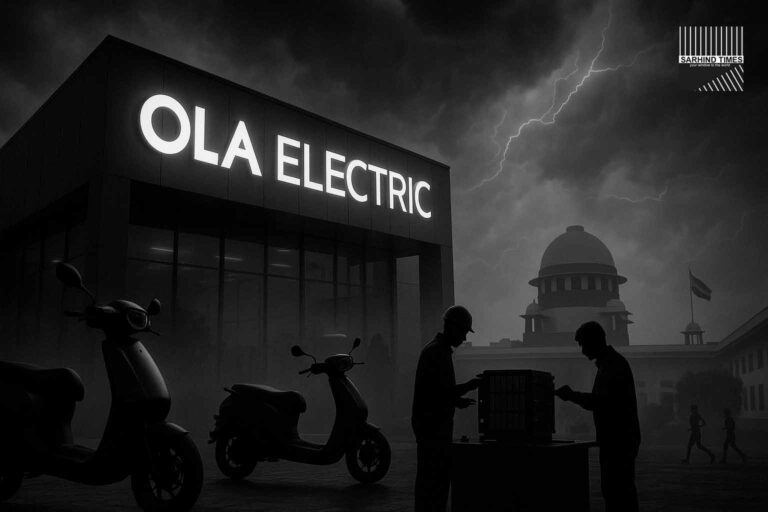
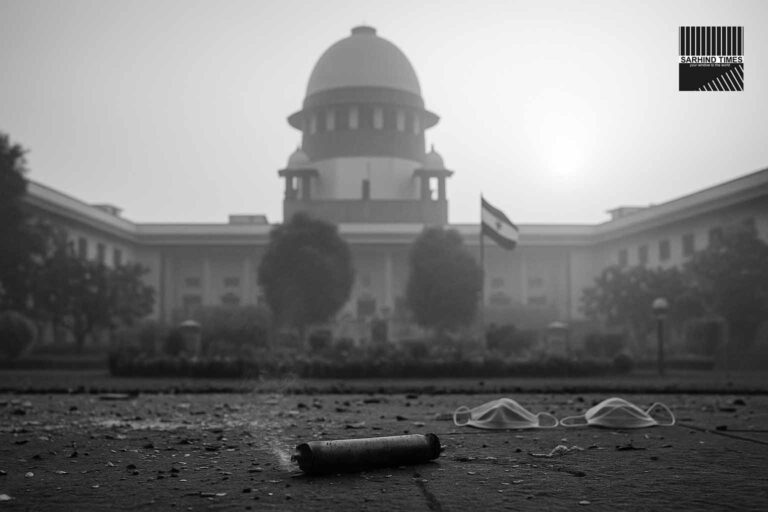
+ There are no comments
Add yours